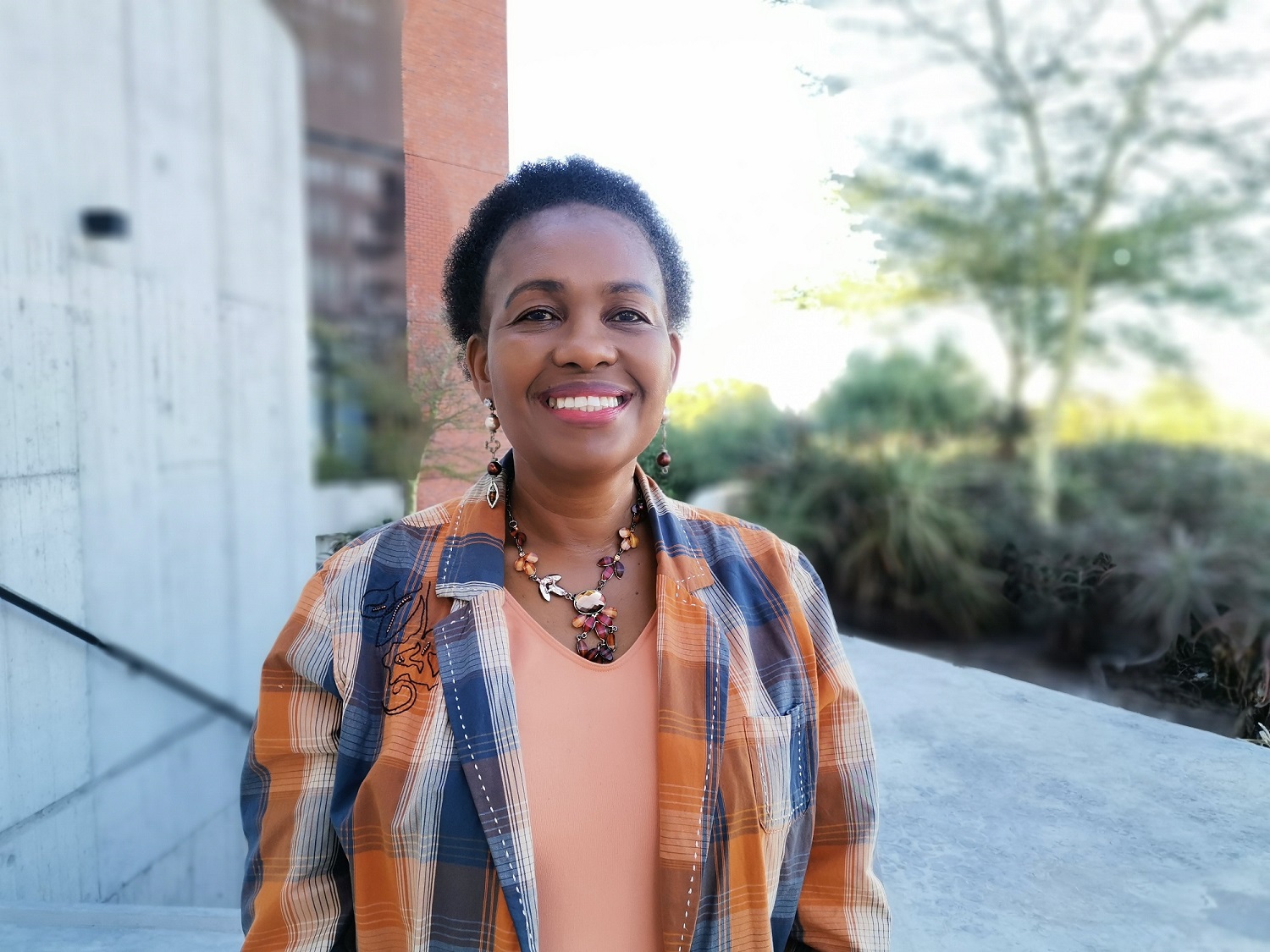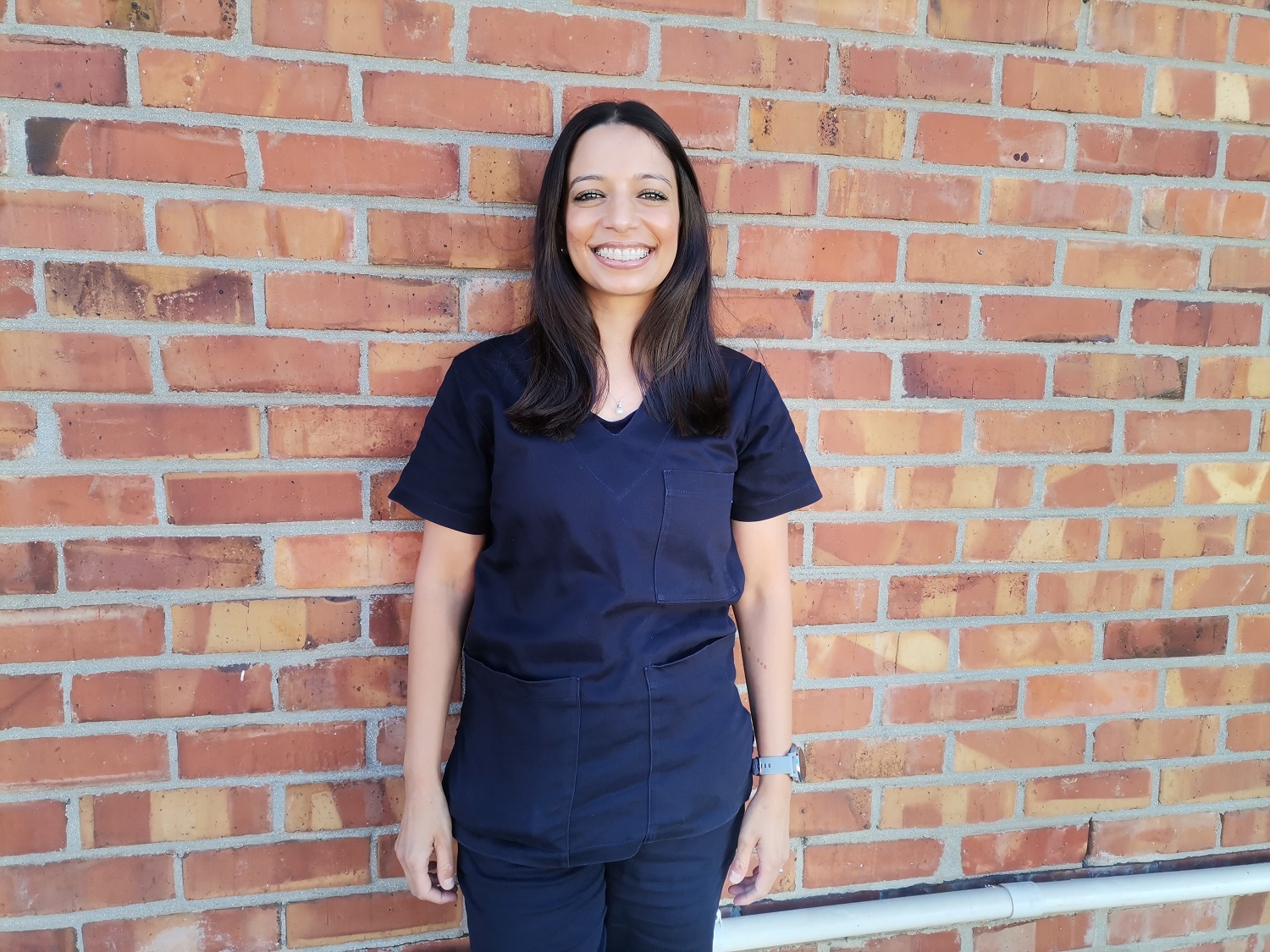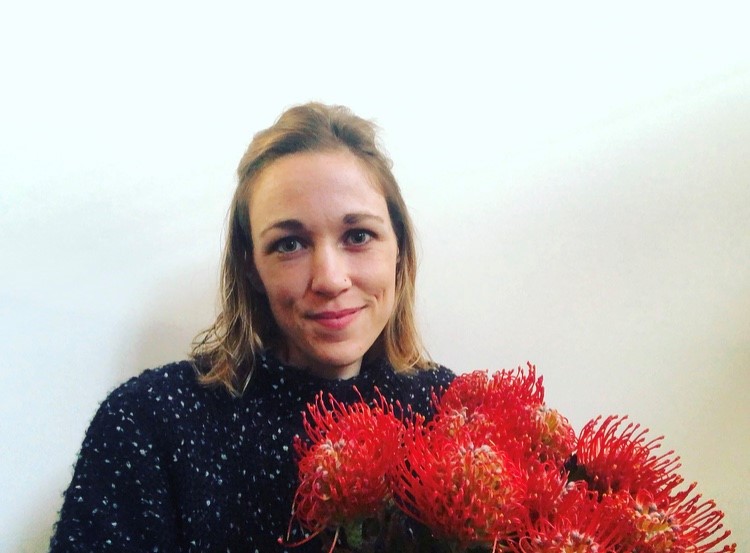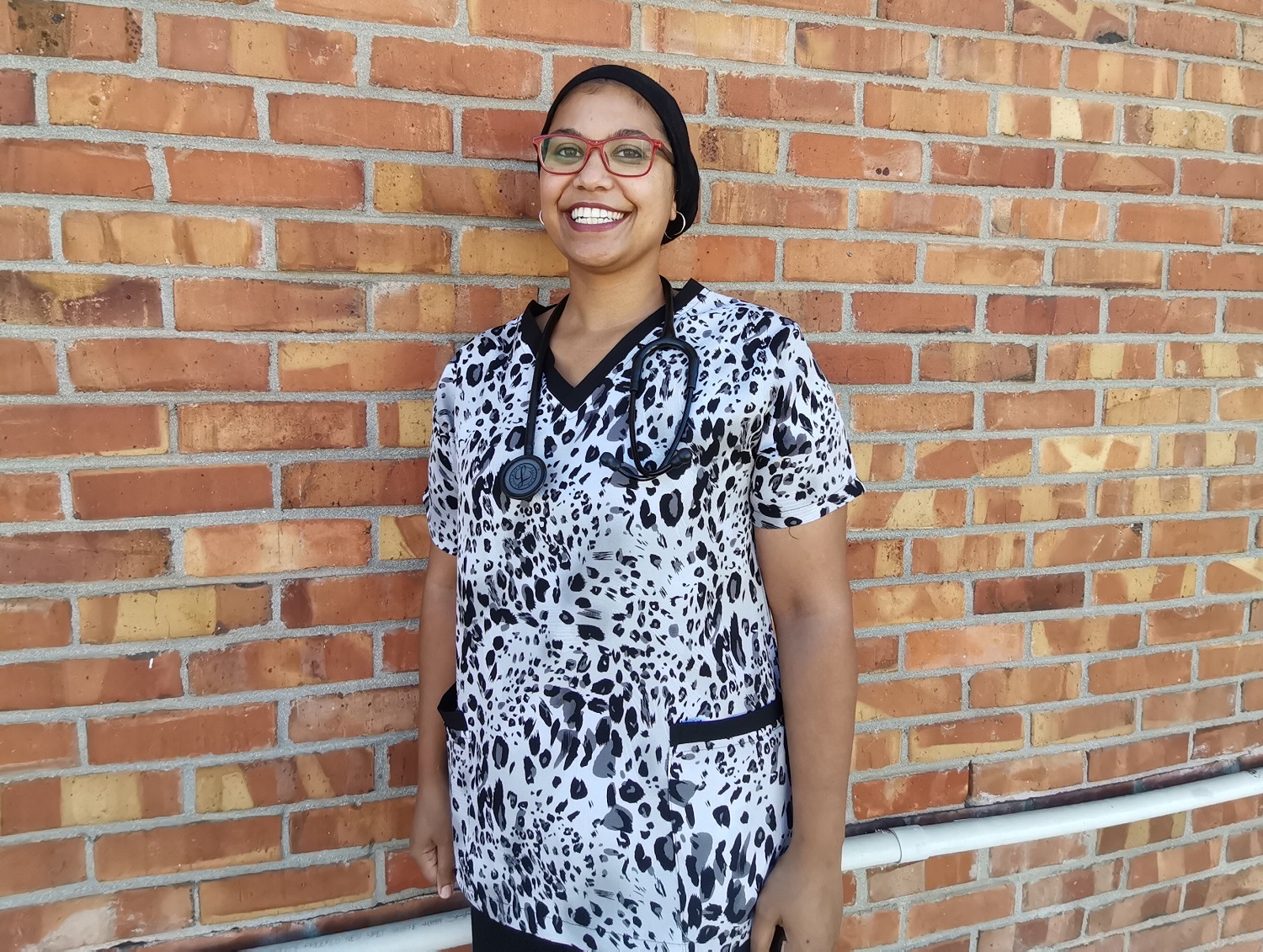
News
International Women’s Day: Your healthcare is self-care
Improving women’s healthcare and access to healthcare is key to building resilient and healthy communities.
As we mark International Women’s Day this year, healthcare workers have come together to raise awareness about women’s health and various free health services available to them, to assist women to make informed decisions about their health.
Below are 4 things women can do to protect their health at no cost at our local clinics.
1. GET REGULAR HEALTH SCREENINGS
You don’t need to wait until you feel sick to access healthcare services. Dr Mumtaz Abbas, a family physician at the Bishop Lavis Community Day Centre, says it’s advisable for women to visit their clinic or doctor for a general check-up at least once per year.
“However, the frequency of visits depends on your age, risk factors, family history and your general health status. If you are over 50 years of age and have chronic illnesses, you may need to visit your doctor twice per year or more frequently depending on your condition.”
Dr Abbas has shared other important screenings that women can access for free at their local clinics.
“Important screening tests to have are: blood pressure, blood sugar, weight, height, body mass index (BMI), breast examination and an HIV test annually or more frequently if recommended by your doctor. It is recommended to have your blood cholesterol checked every 5 years if you have risk factors for coronary artery disease. Women are also encouraged to examine their breasts regularly for any lumps and have their breasts examined annually by their clinic or doctor.”
A pap smear may not be comfortable but can save your life. The screening programme aims at finding and treating early signs of cancer of the cervix, commonly known as the "mouth of the womb". The screening involves taking a pap (or cervical) smear, which is a simple, quick vaginal examination to check if the cervix is healthy. Some cells are gently wiped off the cervix and sent to the laboratory for testing.
The early detection of abnormal cells means further investigations can be done and treatment can be given if necessary, thereby preventing cancer from developing. Dr Abbas explains: “All women should have a pap smear at least every 10 years starting at the age of 30 years. The South African National Cervical Cancer Screening programme makes provision for all women over the age of 30 years to undergo 3 free PAP smears. The screening programme aims at finding and treating early signs of cancer of the cervix.”
2. SEEK MENTAL HEALTH SUPPORT
Your mental health matters. Research indicates that women often lead busy lives and must juggle all sorts of stressors, such as balancing work and home-life, as well as fitting in self-care, says Community Psychologist Kirsty Rice.
“Women may also face additional stressors, such as gender-based violence. The impact of COVID-19 hasn’t made things easier,” she explains.
Kirsty, who works at the Stikland Hospital, says it’s important to take “pause” and to make time for yourself and to seek support should things feel overwhelming.
“Pause. You could try to meditate and practicing mindfulness is known to reduce stress and anxiety. It helps to create space during your busy day to build feelings of calm and relaxation. If starting your practice feels overwhelming, there are many meditation apps out there that you can quickly search for and try. If mindfulness and meditation aren’t for you, try getting in touch with your spirituality/support groups and tuning into the higher power you believe in.”
However, if you’re struggling to cope, Kirsty shares that it’s best to seek the assistance from your loved ones or a professional.
“Don’t hesitate to reach out if you can. You can start by phoning Lifeline at 021 461 1113 or SADAG at 0800 12 13 14 or presenting at your local community clinic and asking for mental health services. No matter how you’re feeling, there are always options and things you can try.”
3. BUILD HEALTHY HABITS
Maintaining a balance between one's mental and physical well-being is all part of self-care. Dr Thaakirah Toefy of Bishop Lavis CDC shares advice on caring for your physical health.
“Exercise is an important contributor to healthy living. Ideally one should dedicate at least 30 minutes per day for five days of the week toward exercise. It could mean anything that gets your heart rate up, from dancing in the living room with your kids for a half hour, to taking a brisk walk or run around the neighbourhood.”
Other ways to care for your body includes healthy meals and getting a good night’s rest.
Dr Toefy explains: “Always eating healthy balanced meals can sometimes become a chore, epecially for working women, but it is essential for one's body to get the correct nutrients to function optimally. Fruit as snacks, staying hydrated and adding a side of green salad to meals can help maintain that balance. In addition, a good night's rest is an essential fuel to take on every new day. It consists of 7-8 hours of quality sleep and maintaining a regular sleep pattern. This keeps natural hormones balanced which is also important for mental and physical well-being. As the saying goes, you cannot pour from an empty cup, healthy living and self-care is an essential need.”
4. LEARN ABOUT COMMON HEALTH ISSUES AFFECTING WOMEN
Noncommunicable diseases (NCDs) have been a leading cause of death among women for decades, responsible for three in every four deaths among women each year, according to the World Health Organisation. Examples of NCDs include: cancers, cardiovascular disease, chronic respiratory diseases and diabetes.
Dr Nosi Kalawe works in the district health office in the Northern and Tygerberg Substructure. Dr Kalawe says that women can access free healthcare at their healthcare facilities to detect and treat non-communicable diseases such as cancer. Breast cancer was the most common cancer in women worldwide, contributing 25.8% of the total number of new cases diagnosed in 2020, according to the World Cancer Research Fund.
“A mammogram can be done to check for breast cancer. Talk to your nurse at your local clinic immediately if you notice an unusual lump in your breast or any change in the appearance, feel or shape of your breasts.”
Young ladies can also be offered a vaccine that is called Gardasil, which prevents cervical cancer. This is done in school, however, should you have missed this while at school, you can report at your clinic to get it there, says Dr Kalawe.
Reproductive and maternal health are also important for factors to consider for women’s health.
“Our clinics offer free pregnancy tests which will help the lady to detect on time if she is pregnant. She can then book her antenatal clinic early. This means that there can be a better outcome for mother and baby. At the clinic, we also check for HIV. If positive, we will provide ARVs and support to prevent the unborn baby from getting HIV. The lady’s partner can also be given a tablet for prevention. While at the clinic, the lady can ask for other prevention medicines. There is a tablet called PREP which aids in the prevention of HIV, should your partner be positive, or should you not know your partner’s status. There are also medicines that prevent pregnancy, such as contraceptives, pills, injectables, implants and even what we call “the loop”. A healthcare can help you choose what is suitable for you.”
Western Cape Government Health encourages all women to take full advantage of this opportunity and access any public health clinic in the province for advice on various female health matters, including contraceptive choices, unwanted pregnancies, family planning assistance and early booking, cervical cancer and breast cancer screening, antenatal care and chronic disease management. We offer safe and reliable services For You, to make wise choices about your body and your life.
Happy International Women’s Day!









